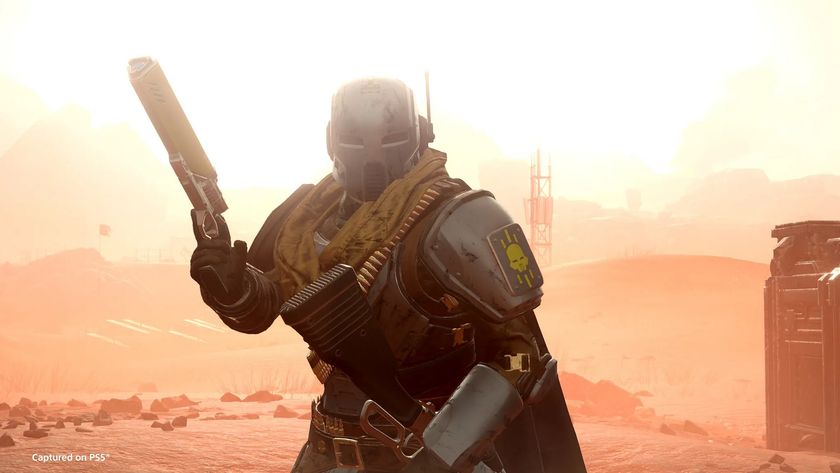Get Into Games 2015: Bournemouth University

Dr Christos Gatzidis is a principal academic in Creative Technology at Bournemouth University’s Faculty Of Science And Technology. He has also contributed to a number of journals and books, including the UDK iOS Game Development Beginner’s Guide. Here, he takes the time to lay out Bournemouth University’s mission.
What courses are you offering? At the Faculty Of Science And Technology and within the Creative Technology Department, we offer two degrees at an undergraduate level: a BSc in Games Technology and a BSc in Games Programming. The first is more generalist, covering all parts of the development pipeline, whereas the second one is geared towards the programming aspects of development. On a postgraduate level, we offer an MSc in Computer Games Technology.
With so many paths to the industry, what’s the value of a game education?
Today, it is true that putting together a strong portfolio that could potentially lead to employment in the game industry can be carried out by many non-academic activities, such as game jam participation and others. We do involve our students with activities such as those; for example, we’re running a game jam at the end of this academic year with the sponsorship of Creative England and the GamesLab programme. Still, it’s important not to disregard the impact that dedicated academic education can offer to an individual, such as the structured approach to becoming an independent learner, the attention to deadlines and professionalism, the facilitation of organised teamwork, and many others.
What makes Bournemouth stand out?
Bournemouth University has traditionally had a very strong reputation in many of the creative industries; currently, the university is focused on fusing together education, professional practice and research, and making that part of an improved student experience.
What kind of facilities are set up for the courses you run?
At the moment, we have three dedicated PC game development labs and a store where students can borrow a wide variety of equipment, such as Oculus Rifts and iOS/Android tablets, for free. We are constantly striving to update and expand all of this, and on a grander scale there is significant building work taking place here at the Talbot campus: two new state-of-the-art academic buildings are being prepared over the next few years.
You offer a 40-week placement. Who have your students worked with?
It’s sandwiched between the second and final year, and so far, student placements have included Jagex, Lionhead and many others.
How about during term time?
We have a number of guest talks from industry speakers on a variety of topics every year. Among others, Rare, Unity and Bohemia Interactive Simulations have all visited us this academic year. We also have an annual industrial advisory panel, which provides direct guidance on our course structure and curriculum. We’re accredited by TIGA, and academics on the course, such as myself, are involved in EPSRC-funded R&D projects with companies such as SCEE R&D and Ninja Theory via our Centre Of Digital Entertainment.
Sign up to the 12DOVE Newsletter
Weekly digests, tales from the communities you love, and more
Edge magazine was launched in 1993 with a mission to dig deep into the inner workings of the international videogame industry, quickly building a reputation for next-level analysis, features, interviews and reviews that holds fast nearly 30 years on.

Helldivers 2 CEO says industry layoffs have seen "very little accountability" from executives who "let go of one third of the company because you made stupid decisions"

"Games that get 19% user score do not generally recover": Helldivers 2 CEO reflects on Arrowhead's "summer of pain" and No Man's Sky-inspired redemption arc











